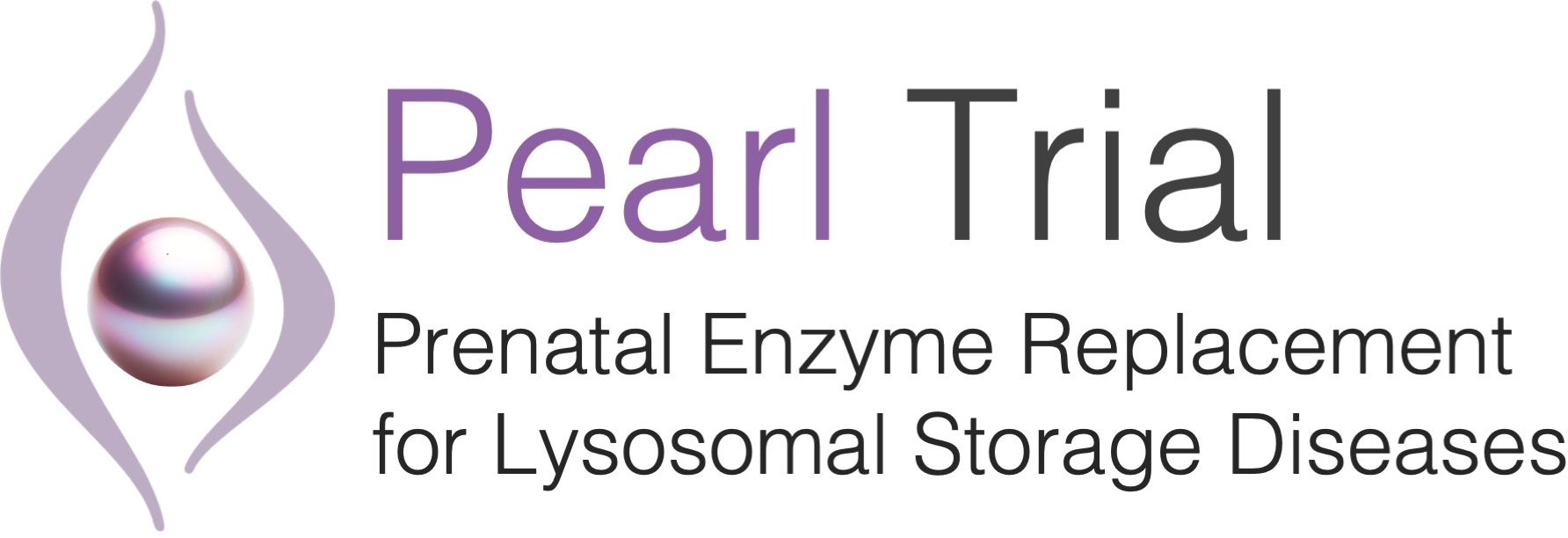If you are expecting a baby at risk for one of eight lysosomal storage diseases, UCSF has a clinical trial that may help. This trial starts treatment before birth. We are testing the safety and feasibility of prenatal enzyme replacement therapy for the following lysosomal storage diseases.
Select a disease to learn more about its specifics, the goals of our treatment approach, how Enzyme Replacement Therapy (ERT) works, and the ways we aim to make ERT more effective:
Mucopolysaccharidosis (MPS) 1, or Hurler syndrome
Mucopolysaccharidosis (MPS) 2, or Hunter syndrome
Mucopolysaccharidosis (MPS) 4a, or Morquio syndrome
Mucopolysaccharidosis (MPS) 6, or Maroteaux-Lamy syndrome
Mucopolysaccharidosis (MPS) 7, or Sly syndrome
Infantile-onset Pompe disease (IOPD)
Neuronopathic Gaucher disease (types 2 and 3)
Lysosomal Acid Lipase (LAL) deficiency, or Wolman disease
The goal of the PEARL Trial is to improve the health of babies with lysosomal storage diseases by treating before birth. Dr. Tippi MacKenzie, the lead physician, is a respected expert in the field. For two decades, she has been working to improve outcomes for babies with genetic disorders. Choosing UCSF means trusting a team committed to compassionate, innovative care.
This text was written and approved by Dr. Tippi MacKenzie, a pediatric and fetal surgeon, and Dr. Paul Harmatz, a pediatrician and metabolic disease expert, at the UCSF Benioff Children's Hospitals. Our approach was approved for use in a clinical trial by the US FDA in 2020, and our study is governed by UCSF's Institutional Review Board to ensure ethical and equitable treatment of participants.
